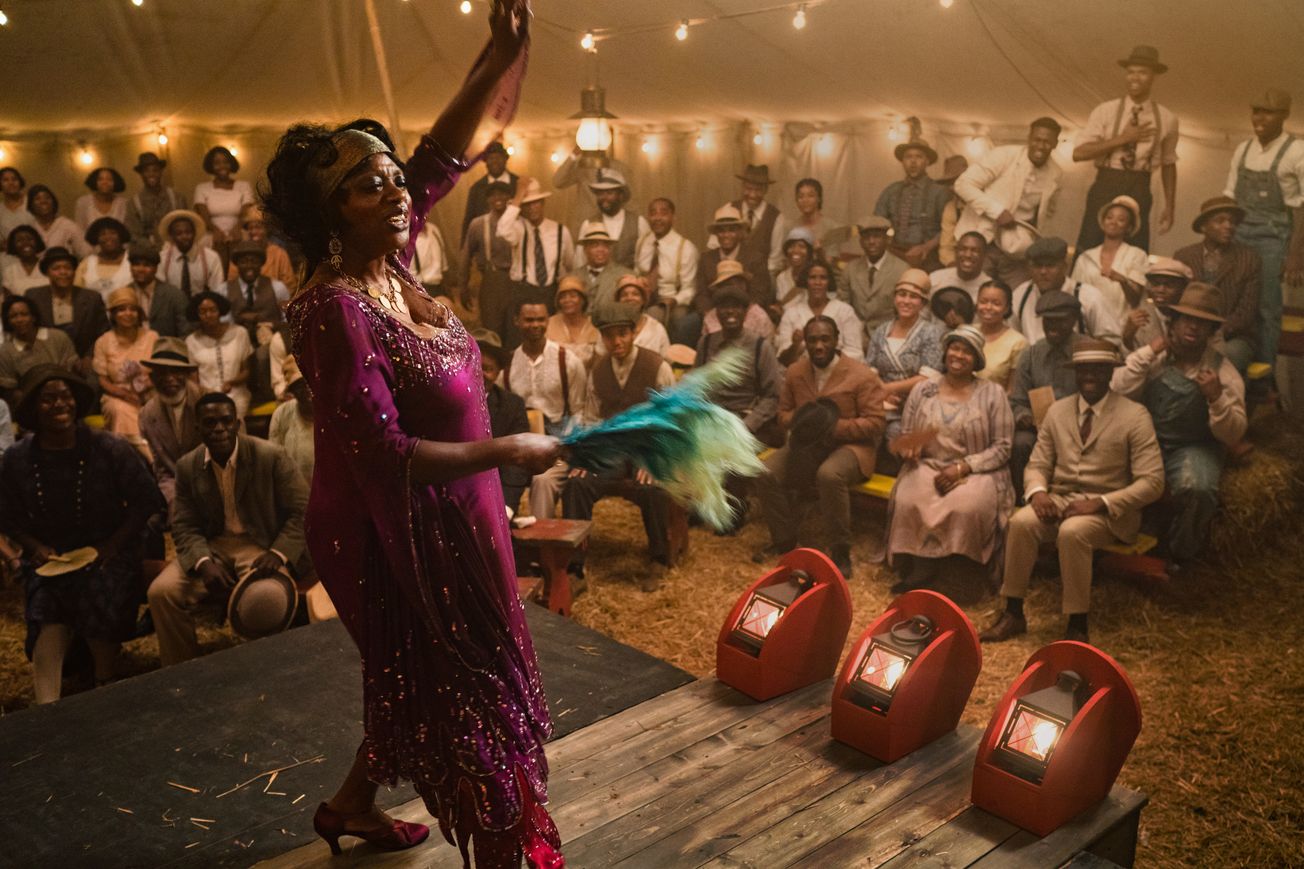By Molly Grogan, Third Year, English
As Black History Month 2022 draws to a close (though its messages should be celebrated all year around), we’ve shortlisted just some of the many talented Black female creatives working in the film and television industry. Some of their stories are radical, some fun, most challenging, but always at the heart are Black voices and experiences. Certainly, these inspiring women are bringing about well-needed change.
Michaela Coel in I May Destroy You (2020)
I once saw Michaela Coel on the Elizabeth tube line, and the seconds she breezed past me (in full and ethereal glam) were maybe the best of my life. That is because her BBC show I May Destroy You (2020) completely changed my life and my worldview.
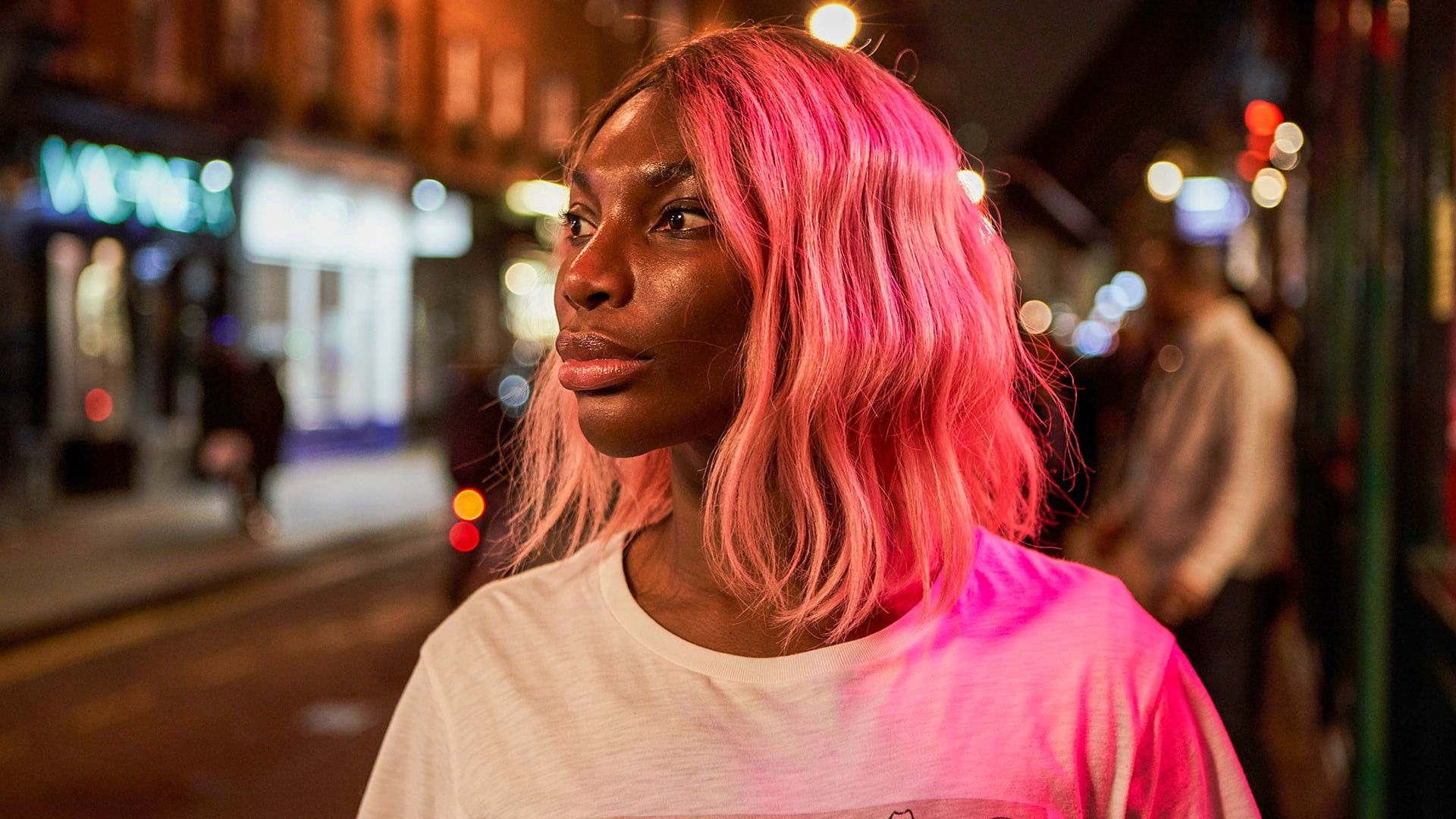
Written by and starring Coel, it follows author Arabella as she struggles to recount the night of her sexual assault, only to realise that she had been spiked. A dark and pertinent comedy, Coel’s loveable but complicated characters and brutally honest dialogue give a face to the victims we hear about every day - the sisters, friends, friends of friends, and girls from class - that we are still failing to protect.
The series culminates fantastically in revenge and justice, imagining the ‘what if’ scenarios of coming face to face with the perpetrator, an outcome too many cases fail to achieve. Not only is it a stunning portrait of the flawed feminine, but it also centres the stories of Black voices, casting Paapa Essiedu and Weruche Opia as Arabella’s best friends, both of whom also suffer their own personal turmoil.
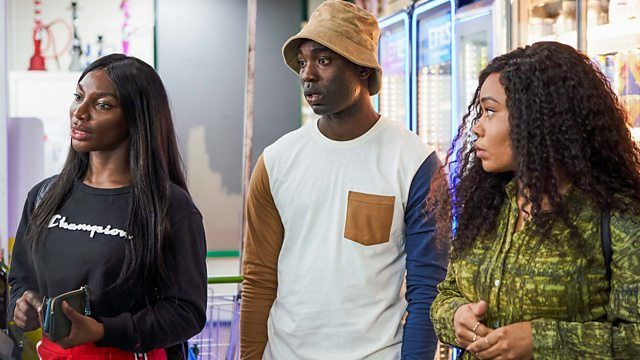
After being approached by Netflix to make the show, Coel turned them down as she was adamant about having complete creative freedom- having been mistreated during the production of Chewing Gum (2015-2017). This echoes the agency that Arabella seeks in the show to express herself, even if it means surrendering the traditional, meek ‘victim’ image and turning instead to a dark, unforgiving and unflinching side of herself.
Coel told GQ that as she walks into the Italian ocean in the penultimate episode, "this is the moment where she gathers up this kind of darkness she needs to overcome her trauma,” and it is certainly the unfiltered kind. It is truly exciting to see a Black female narrative rejecting the usual demand from the viewing public for ‘palatable’ stories that somehow also centre them, so as not to touch upon White fragility. The show’s success is an example of more than one kind of bravery.
Ava Duvernay’s Filmography
Director of Selma (2014), A Wrinkle in Time (2018), When They See Us (2019), and 13th (2016), Duvernay shows no signs of stopping her release of ground-breaking, conversation-starting film and TV.
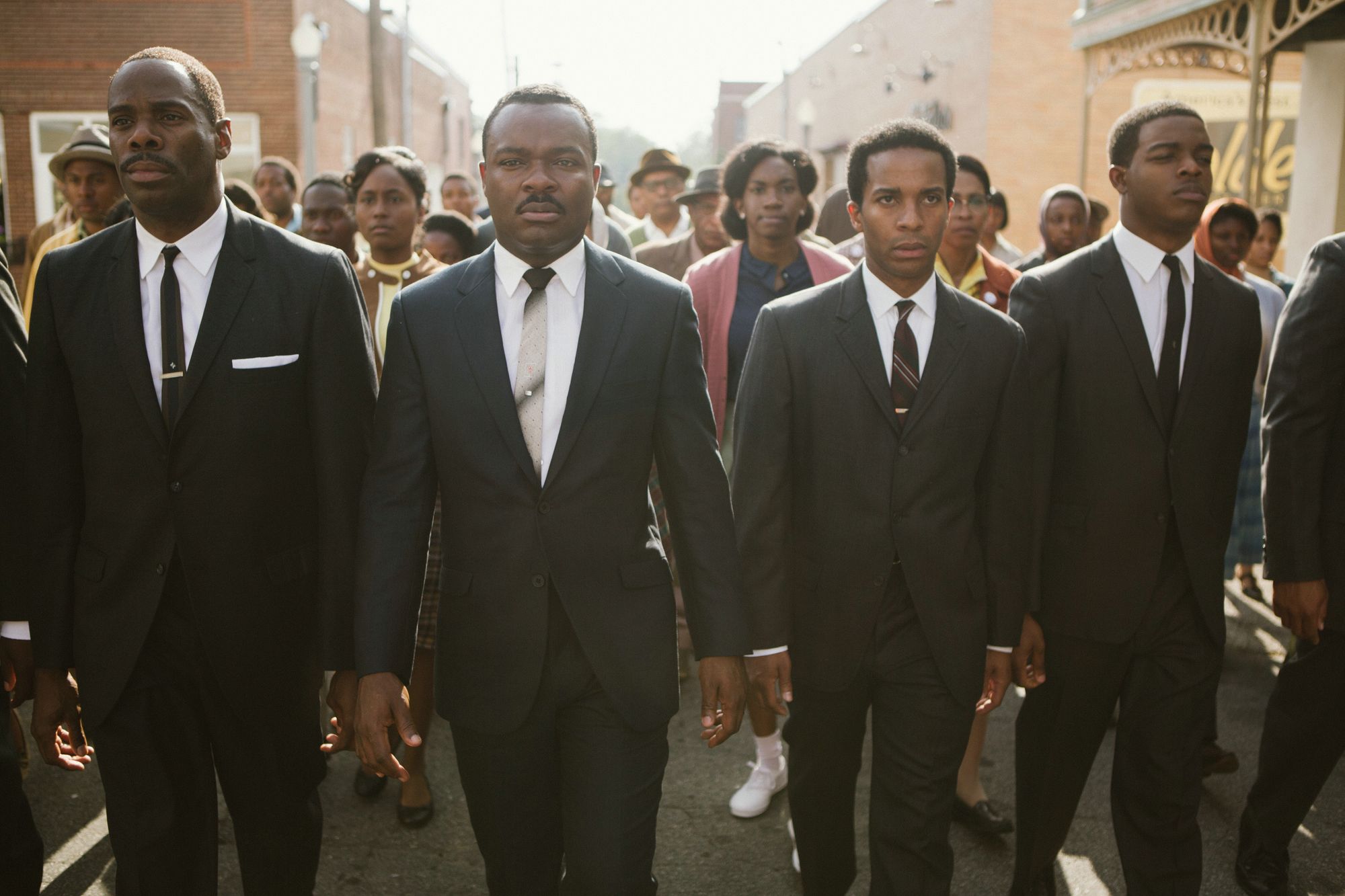
Known for her unflinching documentaries and biopics, centring the likes of Martin Luther King Jr and the Central Park 5, she strives for change and makes a powerful case for the use of film as a protest.
Having been nominated for numerous awards and won the Emmy for her 2019 mini-series When They See Us, Duvernay is determined to spotlight cases of historical injustice, bringing them into the white-dominated cultural zeitgeist. Her incredibly influential filmmaking has blazed a trail for other Black female directors and creatives in the industry.
Shonda Rhimes and ‘Shondaland’
If you’ve watched any incredibly successful or overly advertised shows recently, chances are the brains behind the whole thing are those belonging to Shonda Rhimes. Named by Time in 2007, 2013 and 2021 as one of the 100 most influential people in the world, her prolific career in the industry continues to flourish.
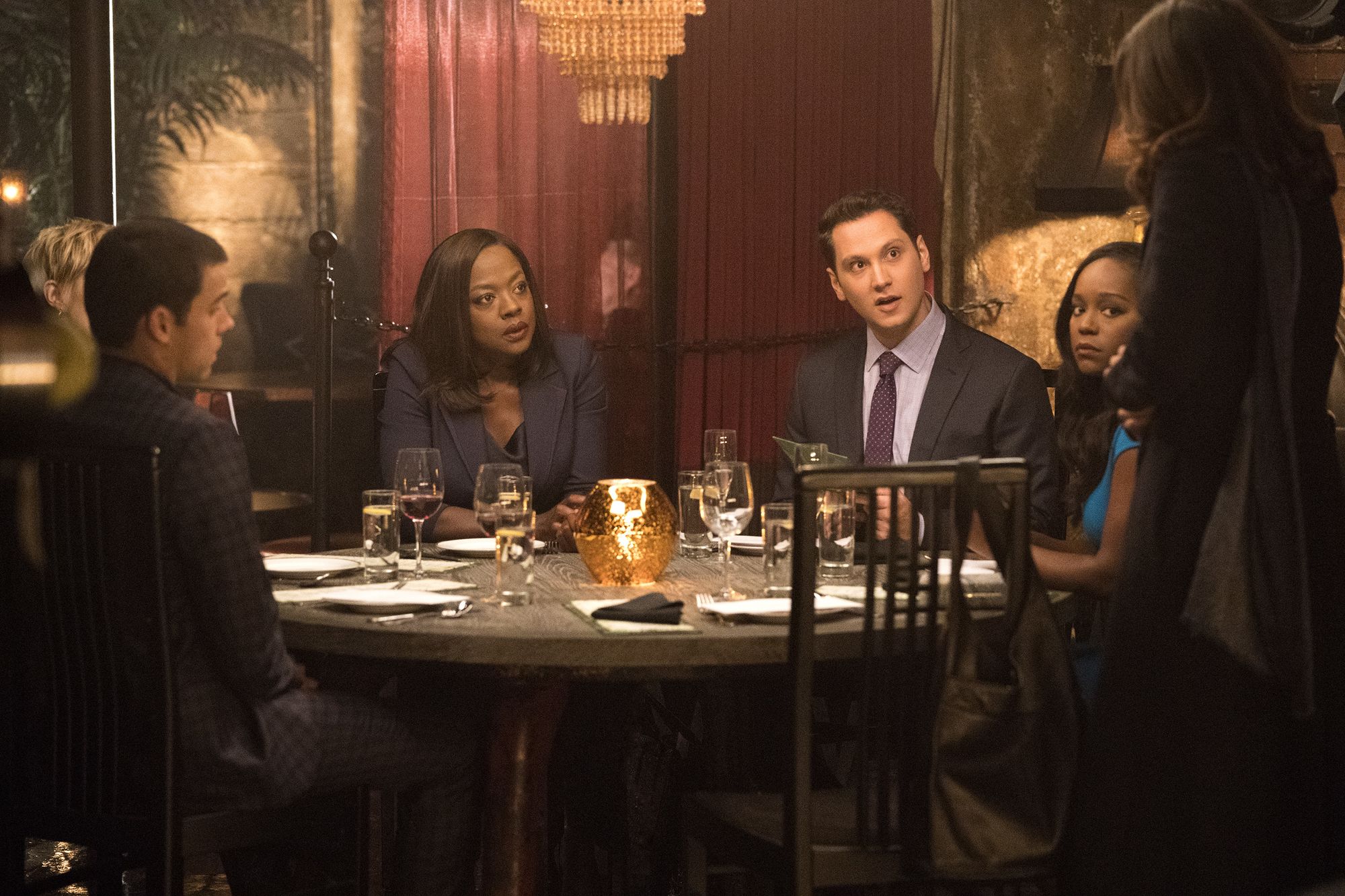
Best known for Grey’s Anatomy (2005-), Scandal (2012-8), How to Get Away With Murder (2014-20), The Catch (2016), Inventing Anna (2020) and a stint producing Bridgerton (2020-), her media empire, aptly named ‘Shondaland’, receives frequent recognition from awards academies as well as having an incredibly positive audience reception.
Her monopoly on the American TV industry is pretty magnificent. Especially since, more often than not, her shows centre Black female characters absolutely bossing it in male-dominated fields.
Take How To Get Away With Murder, where we see the ineffable Viola Davis tutor a group of aspiring law students on, you guessed it, how to get away with murder, after they get entangled in a very real one. Or Scandal, where Olivia Pope (Kerry Washington), a former media consultant to the President, starts her own management firm and takes on male opponents and dark forces trying to tear her company down.
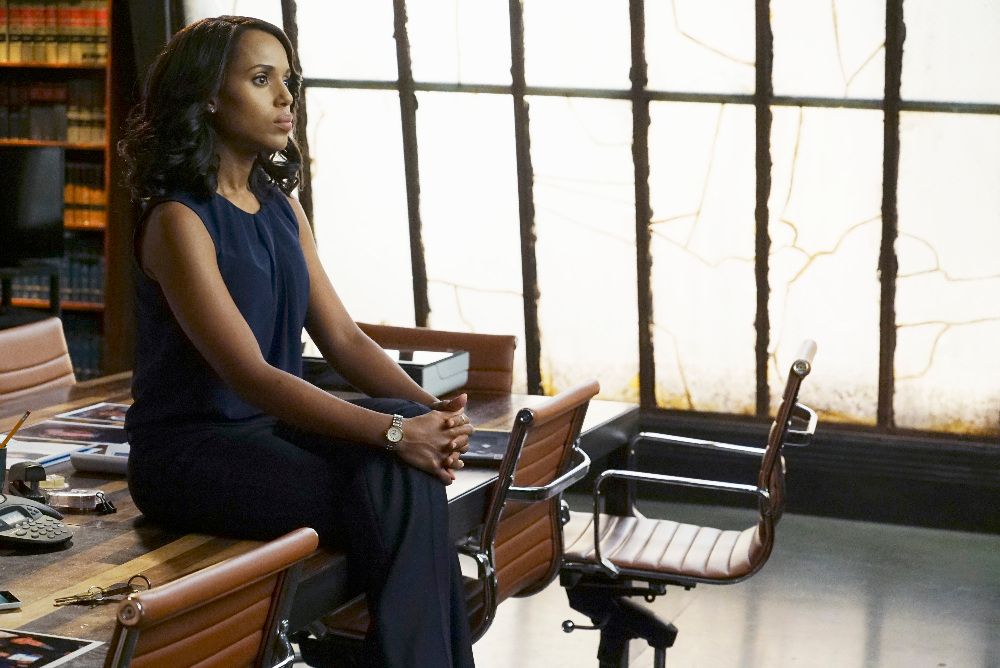
Rhimes also joined the national board of Planned Parenthood in 2017, and is the co-chair of When We All Vote, extending her good deeds for the cinematic universe into the real world as well. Rhimes’s women are ambitious, they’re clever, they’re ruthless, they’re mean, they’re everything we’ve been taught not to be - in short, they are strong characters. And it takes one to know one.
The Women Behind Ma Rainey’s Black Bottom (2020)
Inspired by the career of influential blues singer Ma Rainey and based on the 1982 play of the same name, Ma Rainey’s Black Bottom stars Viola Davis and the late, great Chadwick Boseman in a dramatization of an explosive recording studio session in 1920s Chicago.
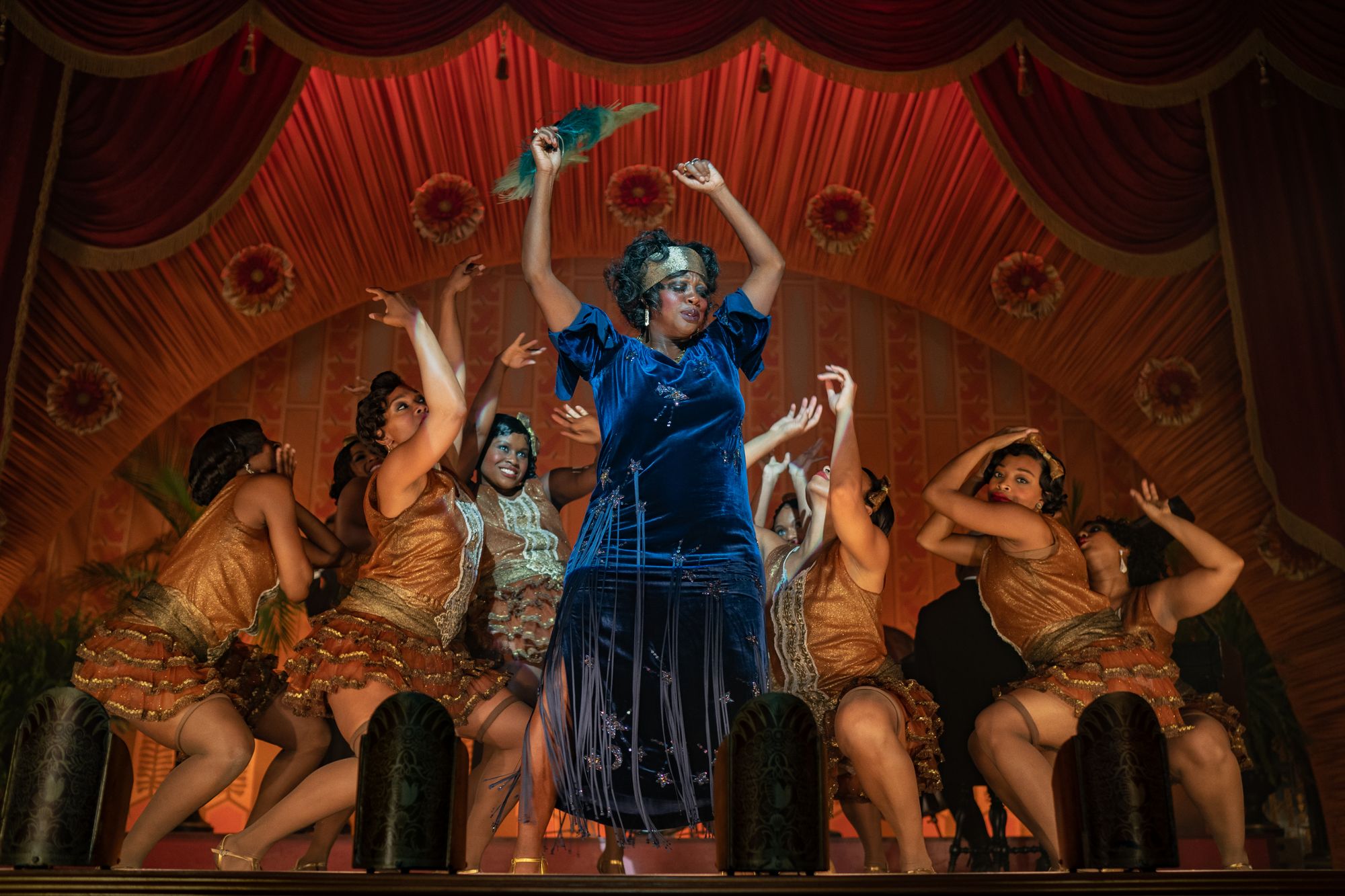
However, it is the achievements of the Black women behind the screen that make its award wins so significant. Winning the Oscar at the 93rd Annual Awards, Mia Neal and Jamika Wilson made history as the first Black women to win in the best hair and make-up category. In her acceptance speech, Neal said:
“I want to say thank you to all our ancestors who put the work in, were denied but never gave up. I also stand here as Jamika Wilson, and I break this glass ceiling with so much excitement for the future. I can picture Black trans women standing up here, and Asian sisters, our Latino sisters, and Indigenous women. I know one day it won’t be unusual or ground-breaking. It will just be normal.”
In a ceremony usually dominated by white, male (and sometimes female) directors, producers and writers, the win was a testament to the innovative work by Black female creatives actively shaping the future of cinema and challenging the homogeneity of the awards systems.
Featured Image: Photo by Netflix, Courtesy of IMDB
What is your favourite example of Black female excellence in the world of film and TV?

